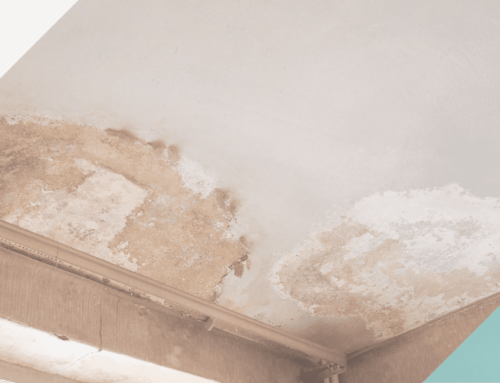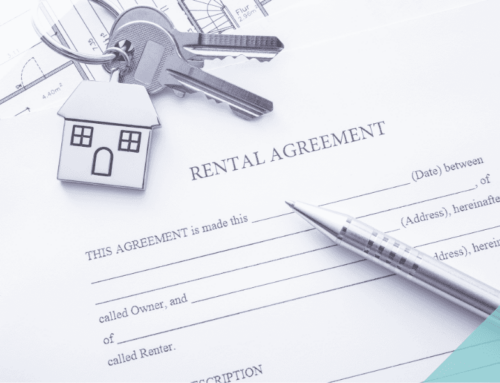Rentcharges were popular in the Victorian and Edwardian eras and was a mechanism for builders to develop land without paying a premium to the owner of the land.
A rentcharge is an annual sum paid by the owner of land or property to another person who has no other legal interest in the land or property. Therefore, a rentcharge means the original rent payer (and its successors in title) are bound to pay a charge over the affected land indefinitely.
Although rentcharges are generally small in amount, there can be serious implications should they not be paid in full as the various remedies available to a rentcharge owner pursuant to Section 121 of the Law of Property Act 1925 (LPA 1925) to recover arrears of rentcharges are quite significant.
Some of the implications of rentcharges if they are not paid in full include:
i. The power for the rentcharge owner to grant a lease of the land charged on trust to raise arrears. This will basically enable the rent charge owner to compel the rent payer to make payment of the rentcharge if rent remains unpaid for 40 days or more. The lease essentially creates the value for the rentcharge owner. We this in practice in the Robert v Lawton (2016) case explained below.
ii. A right of entry onto the land to hold the land and take income from it until the arrears have been full paid
To trigger enforcement the rentcharge payments must be over 40 days in arrears. The caveat is that there is no requirement to raise a demand for payment. Thus, a property owner could be subject to enforcement without being aware that payment was due.
Roberts v Lawton [2016] UKUT 395
Morgoed Estates Ltd (‘Morgoed’) bought and managed around 15,000 rentcharges. Some of the properties were in arrears so Morgoed granted to its directors (as trustees) leases of the properties for terms of 99 years at no rent, which is permissible under s.121 of the LPA 1925. This stance resulted in the property owners being compelled to make payment of the arrears and significant administration costs which resulted in the properties becoming unsaleable and not mortgageable.
The court held that it is possible to register rentcharge leases at Land Registry, meaning that a property owner can be held at ransom until it pays an “administration fee” to the rent charge holder to secure the surrender of the lease.
While the Upper Tribunal Judge found Morgoed’s behaviour to be both ‘draconian and troubling’, they were well within their rights to register leases against property titles.
Lender Concerns
Based on the above it is understandable why rent charges are not favoured by lenders. The owner of the property could lose the property itself for an inconsequential sum that they did not know about. Lenders will also not allow monies to be secured against a property with a defective title and it raises concerns about whether the property itself is marketable and can be sold – probably not.
Property Solutions
There are a number of solutions to get around rentcharges:
i. Redeem it – the Rentcharge Act 1977 permits existing property owners to redeem the rentcharges attached to their property. Rentcharges will also extinguish automatically on 21st July 2037 or 60 years from the date of which the rent charge first became payable, whichever later
ii. Pay it – just pay the rentcharge on time and do not fall in arrears
iii. Vary it – the rentcharge can be varied so that the lenders and borrowers interest is protected
iv. Indemnify it – this is the quickest solution but not necessarily the best solution or accepted by the bank. The legal advisor will point out the risks of proceeding with an indemnity.
Ultimately, the law around rentcharges is complex. If rentcharges are ignored then it would be at your peril. In practice, even if £10 has been in arrears for 40 days or more then the rentcharge owner can take action under the LPA 1925 and the rent payer could lose their property. It is really not worth the risk!
If your property has a rent charge registered or if you wish to discuss this further then please contact Attwells Solicitors LLP on 0207 722 9898 for simple, honest and jargon-free advice.





